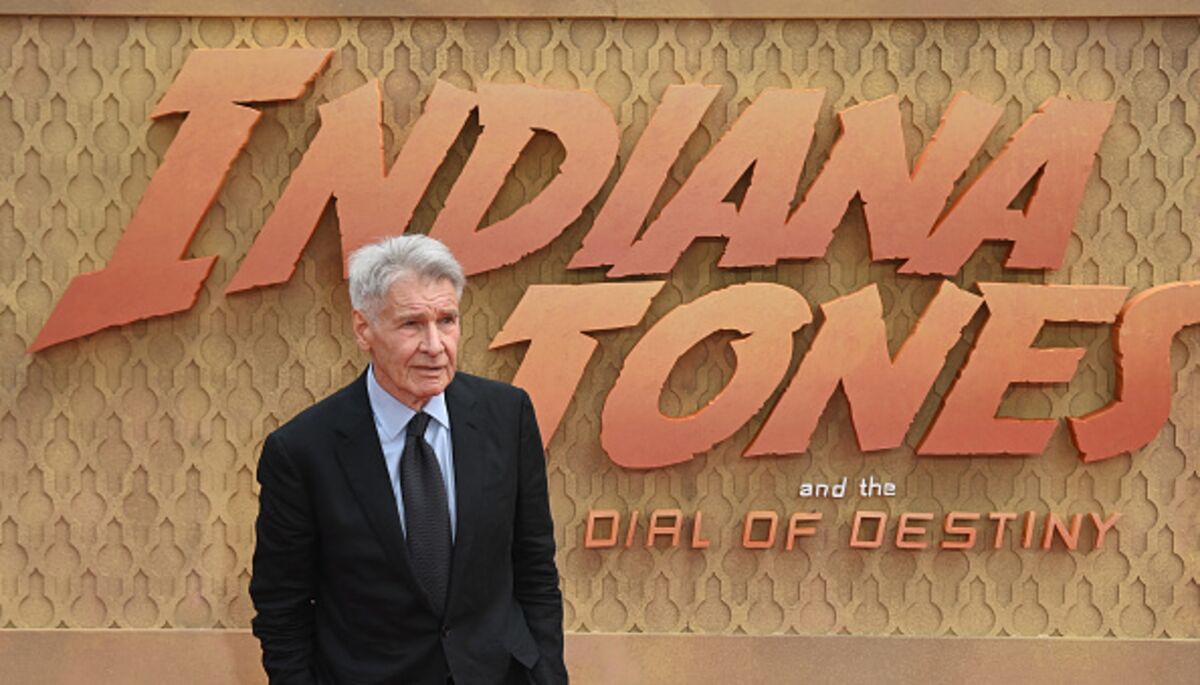Dragon Den: Unexpected Twist As Entrepreneur Snubs Investors For Lower Offer

Table of Contents
The Pitch: A Detailed Look at the Entrepreneur's Proposal
The entrepreneur, Anya Sharma, presented her innovative eco-friendly cleaning product line, "CleanGreen." This disruptive technology uses plant-based enzymes to create a highly effective, biodegradable cleaning solution, targeting a growing market of environmentally conscious consumers. Anya's pitch highlighted the high-growth potential of CleanGreen, emphasizing its unique selling proposition (USP) in a crowded marketplace.
- Innovative Product: CleanGreen uses a patented enzyme blend, creating a superior cleaning power compared to existing eco-friendly alternatives.
- Disruptive Technology: The manufacturing process is also eco-friendly, reducing the company's carbon footprint and appealing to ethical investors.
- High-Growth Potential: Anya projected significant market share within the next five years, based on strong market research and a robust marketing strategy.
- Asking Price & Valuation: Anya sought £250,000 for a 10% equity stake, valuing her company at £2.5 million. This valuation was based on projected sales figures and the potential for future licensing agreements.
The Dragons' Offers: A Comparison of Investment Proposals
The Dragons were clearly impressed by Anya's pitch. However, their offers varied considerably:
- Deborah Meaden: Offered £250,000 for 25% equity, valuing the company at £1 million. She cited concerns about the scalability of the business.
- Peter Jones: Offered £200,000 for 20% equity, valuing the company at £1 million. He emphasized the need for strong marketing and distribution strategies.
- Touker Suleyman: Offered £300,000 for 30% equity, valuing the company at £1 million. He saw high potential but wanted a larger stake to reflect the risk.
- Steven Bartlett: Offered £250,000 for 15% equity, valuing the company at £1.67 million. He felt the 10% Anya was asking for was too low and presented a counter-offer.
This comparison reveals a significant valuation gap between Anya's expectations and the Dragons' assessments. The investment offer variations highlighted differing investment strategies and risk assessments. Each equity stake offer reflected different levels of risk perceived by the individual Dragons.
The Unexpected Rejection: Why the Entrepreneur Chose the Lower Offer
Anya’s decision to reject the higher offers from Deborah, Peter, and Touker, and accept a later and revised offer from a different investor outside the den, shocked the panel. Her reasoning was multifaceted:
- Long-Term Vision: Anya prioritized maintaining majority control of her company and preserving her long-term vision for CleanGreen. The higher offers came with significantly larger equity stakes, diluting her ownership.
- Alignment with Investor Values: Anya’s choice of a lesser-known but equally impressive investor aligned more closely with her company's ethical stance and commitment to sustainable practices. This investor, while offering less capital, shared her long-term vision.
- Strategic Decision: While the lower offer meant slower initial growth, it allowed Anya to retain greater control over the company's direction, crucial for her sustainability focus. This
strategic decisionbalancedrisk assessmentwith her long-term goals. - Risk Tolerance: Anya demonstrated a higher risk tolerance by opting for slower, more controlled growth over rapid expansion with potentially less autonomy.
The Aftermath: Analyzing the Decision's Implications
Anya's bold decision has significant implications:
- Business Impact: While the initial funding is smaller, it allows for more organic growth that aligns better with Anya's business model.
- Brand Reputation: Anya's actions have enhanced her brand image, portraying her as a principled and visionary entrepreneur.
- Public Perception: The episode has generated significant media attention, raising awareness of CleanGreen and sparking discussion about entrepreneurial decision-making.
This unexpected turn of events serves as a valuable case study for aspiring entrepreneurs, showcasing the importance of aligning investor values with one's own vision.
Conclusion: Lessons Learned from the Dragon Den Surprise
This Dragon Den episode underscores the crucial balance between securing funding and maintaining control over one's vision. Anya Sharma's surprising rejection of higher offers in favor of a lower, more aligned partnership demonstrates that financial gain isn't always the primary indicator of success. The long-term implications of this decision will be fascinating to observe, but her choices have already secured a prominent place in Dragon's Den history. What are your thoughts on this surprising Dragon Den twist? Share your opinion in the comments below! Learn more about securing funding for your business by exploring [link to relevant resource]. This Dragon Den episode serves as a valuable case study on the complexities of securing investment.

Featured Posts
-
 Incredibile Rimonta Flaminia Dalla Quinta Alla Seconda Posizione
May 01, 2025
Incredibile Rimonta Flaminia Dalla Quinta Alla Seconda Posizione
May 01, 2025 -
 Little Coffee Lands Four Investment Offers On Dragons Den
May 01, 2025
Little Coffee Lands Four Investment Offers On Dragons Den
May 01, 2025 -
 Plant Based Dog Food Brand Omni Receives Dragons Den Investment
May 01, 2025
Plant Based Dog Food Brand Omni Receives Dragons Den Investment
May 01, 2025 -
 Hollywood Production Grinds To Halt Amidst Joint Actors And Writers Strike
May 01, 2025
Hollywood Production Grinds To Halt Amidst Joint Actors And Writers Strike
May 01, 2025 -
 Inside Michael Sheens World Relationships Wealth And Career Choices
May 01, 2025
Inside Michael Sheens World Relationships Wealth And Career Choices
May 01, 2025
